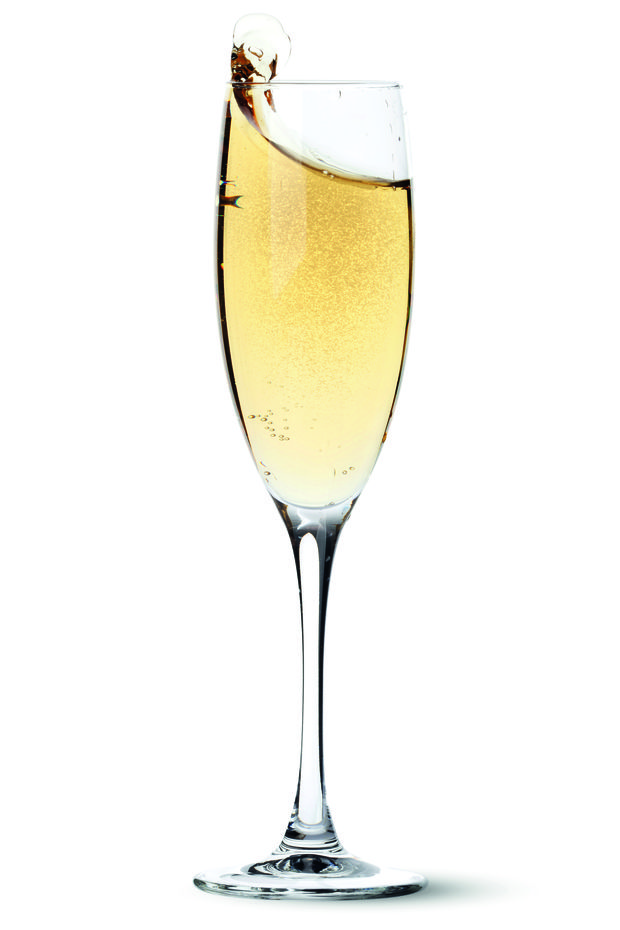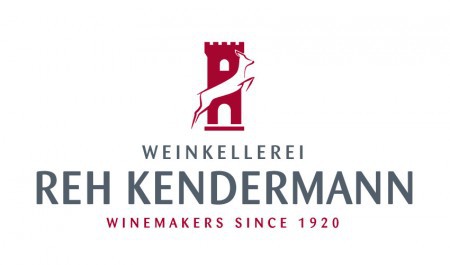
Sparkling to be worst affected by triple whammy of price pressures
It's Valentine's Day, which means consumers will be spurring on the nation's love of sparkling wine by heading to fizz shelves today.
But according to the Wine and Spirits Trade Association (WSTA), things are looking less than rosy for sparkling imports going into the latter half of 2017, as fizz is likely to be most affected by an accumulation of Brexit, inflation and duty rises.
In October, the WSTA warned that the cost of Brexit could lead to the average price of a bottle of still wine coming to the UK from the EU to rise by 29p.
But now, with a 'triple whammy' of Brexit, inflation and possible duty increases at next month's budget, the price of sparkling wine could be most affected by continuing pressures being laid at the industry's feet.
According to their calculations, the WSTA predicts that the average price of a bottle of Prosecco could rise by 59p (+9%), and a bottle of Champagnes by £1 (+5%), putting a serious dampener on the mood - and pockets - of sparkler-loving Brits.
The UK remains the number one export market for Champagne and accounts for more than three-quarters of all Prosecco sales in Europe, worth €600 million (IRI).
Still wine is also expected to be at the sharp end of these accumulative effects.
With Brexit costing 29p per bottle and rising inflation indicated by the Bank of England last week adding a further 17p, further duty rises could bring the average price for a bottle of still wine up by additional 53p compared to prices pre-June 23, 2016.
Duty on a bottle of still wine in the UK is currently £2.08.
This accounts for 55% of the average-priced bottle, and the percentage appears even steeper in comparison to France, where drinkers would pay 3p tax in average per bottle of still wine.
But duty for sparkling wine is even high in the UK than still - 28% higher.
These warnings play into a larger context of mounting pressures on the UK wine and spirits industry.
"It would appear wine lovers may seriously feel the pinch this year," Martin Lane, managing editor of money.co.uk, said in response to the likelihood of consumers and firms facing price rises this year.
"This is because of inflation, Brexit and a possible alcohol duty hike creating a perfect storm that's ready to hit the industry head on. The industry could really suffer and while supermarkets may be able to absorb some of the cost I seriously fear for the UK's already suffering pubs."
Lane points to rising costs of importing wine and suggests the possibility of consumers turning to British fizz as a solution.
This was recently echoed by Hambledon owner Ian Kellett who predicted that English wine will have as much as 50% of Champagne's market in the UK within 15 years.
But while English sparkling producers promise to fill the gap left by high-duty imports, there is also production capacity - and potential for new sites of sufficient quality - to consider.
Champagne currently produces 300 million bottles a year and Prosecco produces even more, whereas England's annual volumes are currently around 2 million.
Hectares under vine is around 2,500 in the UK, meaning our domestic market has a long way to go to plug the Champagne and Prosecco-sized gap.
Keywords:
- wine
- News
- Trade Bodies
- Wines by type
- Sectors
- Wine & Spirit Trade Association
- Sparkling wines
- Champagne
- Finance
- Jo Gilbert
- HWS - Jo Gilbert





